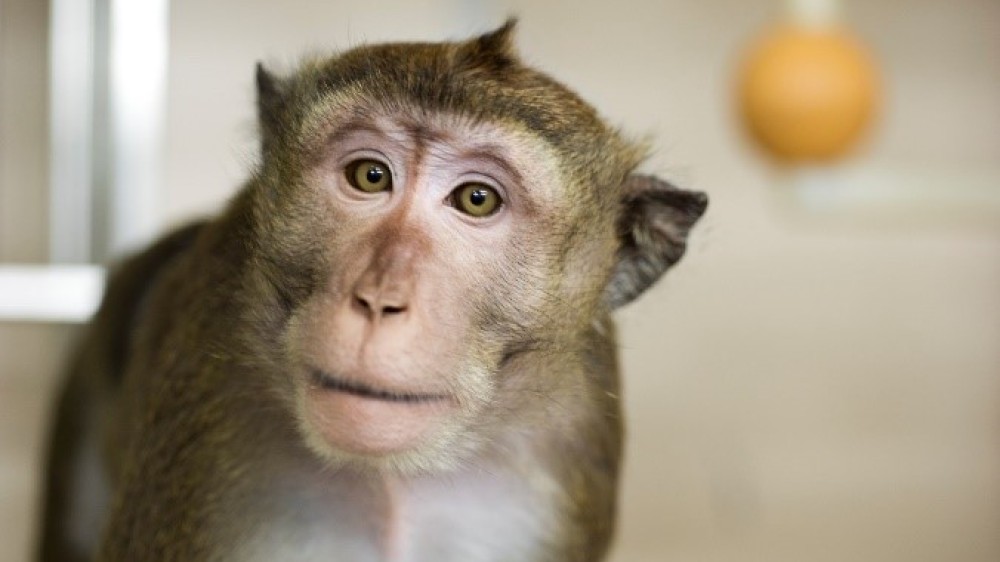Harmonising welfare indicators for non-human primates

Researchers establish a new generalised protocol for assessing macaque welfare.
Read the full paper via the NC3Rs gateway: Harmonisation of welfare indicators for macaques and marmosets used or bred for research (Prescott et al., 2022).
A new paper reports the top welfare indicators for laboratory macaques and marmosets and presents a protocol for welfare assessment of macaques.
It is essential to accurately assess the welfare of non-human primates used and bred for research, both to maximise their wellbeing and to ensure the highest quality data is obtained from these animals. Effective welfare assessment is also a key part of the validation of novel refinement techniques. However, despite the importance of welfare assessment in non-human primate research, there is little consensus on what should be measured.
To build consensus on which welfare indicators for macaques and marmosets are reliable, valid and feasible in a laboratory context, Dr Mark Prescott (NC3Rs), Dr Matthew Leach (Newcastle University) and Ms Melissa Truelove (Yerkes National Primate Research Center) organised a Delphi consultation of researchers, veterinarians and animal technologists at the 2019 NC3Rs Primate Welfare Meeting. The results have now been published in F1000 Research.
Self-harm behaviour, social enrichment, cage dimensions, body weight, a health monitoring programme, appetite, staff training, and positive reinforcement training were considered key indicators for laboratory macaques (≥70% consensus) within a hypothetical scenario context involving 500 animals. Indicators ranked important for assessing marmoset welfare were body weight, NHP-induced and environmentally-induced injuries, cage furniture, huddled posture, mortality, blood in excreta, and physical enrichment. A greater range of indicators were identified as valid and reliable by participants working with macaques in infectious disease and breeding than in neuroscience and toxicology.
The findings for macaques were compared with a previous Delphi consultation and the expert-defined consensus from the two surveys was used to develop the GEN-MAC, a generalised, practical protocol for assessing macaque welfare in research settings. Together, the Delphi results and protocol enable those working with macaques to more effectively assess, monitor and maximise the health and wellbeing of the animals in their care.
Dr Prescott said:
Achieving consensus on the top welfare indicators for laboratory primates is really exciting because it opens up the possibility for greater harmonisation of welfare assessment between laboratories. This would enable inter-lab comparative studies, more data-sharing and larger sample sizes, including for welfare-focused studies seeking to refine primate management, care and use.
Co-author Dr Leach said:
The GEN-MAC protocol is intended for a generalised assessment of “wellness” that can inform and augment existing specific tools tailored to specific projects, procedures and adverse effects. We encourage all laboratories with macaques to trial the GEN-MAC protocol and to provide feedback so we can validate and enhance this new tool for the macaque research community.
To facilitate use of the GEN-MAC protocol in practice, an Excel version is available to download: Generalised macaque welfare assessment protocol (GEN-MAC) – Excel version
For more information on the NC3Rs' work in non-human primate welfare, visit our resources on this topic.
Reference
- Prescott MJ, Leach MC and Truelove MA (2022). Harmonisation of welfare indicators for macaques and marmosets used or bred for research. F1000Research 11: 272. doi: 10.12688/f1000research.109380.2
